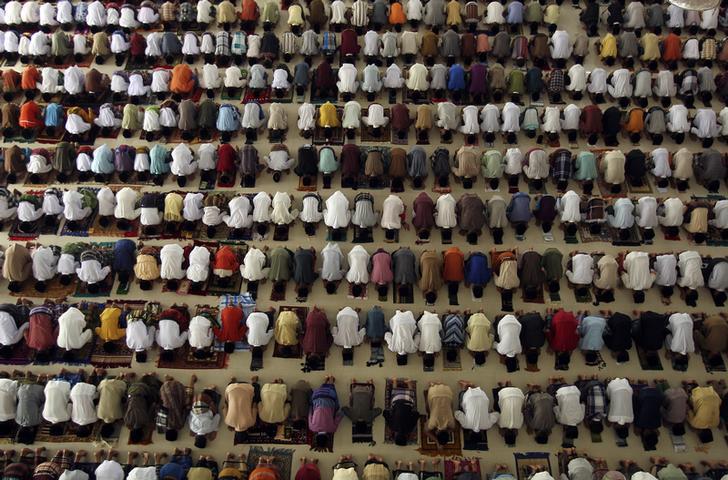By: Katherine Hewitt
Impunity Watch Reporter, Asia
BINJAI, Indonesia – The adoption rules and religious differences in Indonesia mix together to prevent providing children better lives. Indonesia is a predominantly Muslim nation with Hindu, Christian, and Buddhist religious minorities among other traditional religions.

There are several religious laws that prohibit freedom of practice of religion in Indonesia. The “Religious Harmony, Empowering Religious Harmony Forums, and Constructing Houses of Worship” decree is one such law. Religious forums must be created in each province favoring the religious majority in the area. It restricts constructions of houses of worship, requires a list of at least 90 attendees, letters of support from 60 people, and recommendations from the local religious forum. There is also the Blasphemy law, which sentences people to jail for 5 years for deviations from one of the 6 officially protected religions.
Religious laws even infiltrate into adoptions. A 2014 law states that, “Adoptive parents should have the same religion as the child.”
This came into contention when a Christian woman tried to adopt an orphaned baby. Indonesian law states that “In cases in which the origin of the child is unknown, then the child’s religion is conformed to the religion of the majority of the local population.” The child was to be assimilated into the Muslim faith not the Christian faith, thus the woman could not adopt the child.
Ida Maharani Hutagaol, a policewomen in Binjai found the child almost dead in a cardboard box . She was part of the team that brought the child to the hospital. Since then she had become attached to the child, visiting him frequently.
She had filed the paperwork, met the requirements for income, health, and family background. The child was even to be listed as her sole inheritor. However, the Social Service rejected her.
This law, while discriminating against religious beliefs, also hinders child development of orphans in Indonesia. It makes it difficult for qualifying homes and families to adopt abandoned children because they are assimilated into the Muslim faith. The child is still reported to be in the orphanage.
The Social Services report that if the policewoman is still interested in adopting a child it is easy to do so if she visits an orphanage of her faith.
For more information, please see:
Human Rights Watch – Indonesia’s Religious Minorities Denied Adoption Rights – 23 October 2017
The Jakarta Post – Adoption rule strips kids of right to family life – 12 October 2017